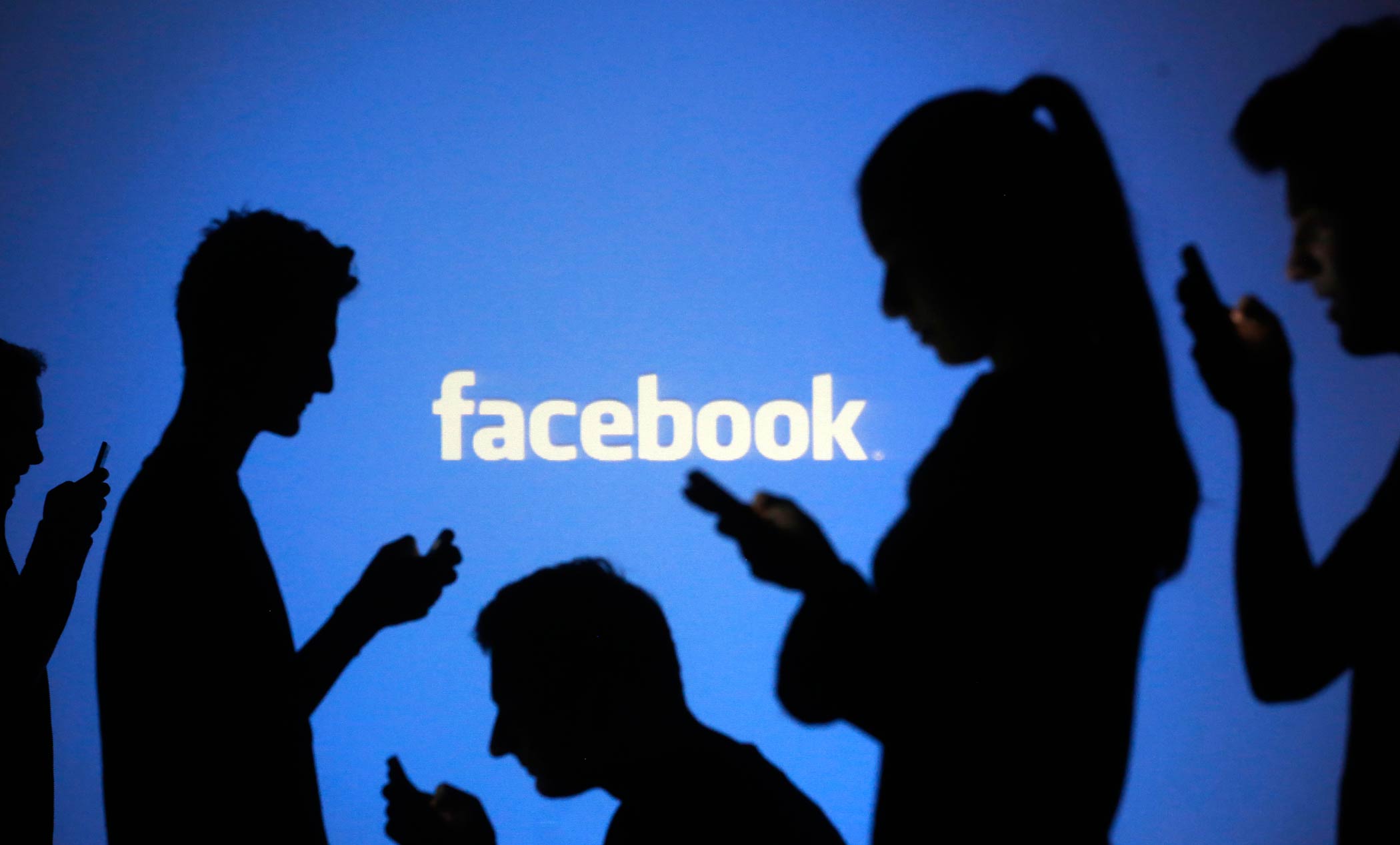The average UK smoker spends 25 minutes smoking cigarettes a day, and depends on cigarettes to occupy their mind or lift their mood. More worryingly, most UK smokers smoke their first cigarette just 30 minutes after waking up. We are hounded to avoid cigarettes and frequently bombarded with graphic cancerous images showing the consequences of smoking. Undeniably a bad habit, smoking is one of our greatest issues, but in the generation of millennials a parallel is being drawn between this habit and social media. Last week, at the World Economic Forum in Davos, the CEO of Salesforce Marc Benioff circulated ideas as to whether social medias such as Facebook should be regulated in a similar fashion to the tobacco industry.

The typical daily Facebook user will spend 40 minutes on the network a day, amounting to 10 whole days a year. They will check their notifications within the first 5 minutes of waking up and, according to countless psychological studies, will seek approval from what they post on their platforms; over 60% believe they are well liked simply due to their interactions online. Statistics are proving it is more addictive than smoking. Benioff highlighted that Facebook is a huge business; more than 1 in 4 people in the entire world have their own mini share of it, their own Facebook profile. Benioff’s main query, was why is the website not regulated like any other product? Why are companies allowed to, unapologetically, make the website progressively more addictive?
Everyday app developers, marketers and designers are continuously making the site more desirable to its range of users. Furthermore, the naivety of our digital generation is allowing there to be a lapse in regulation. There was a 26% increase on social media advertising in 2017, boosting global advertising spending from $31billion to $40billion. That’s $9billion more spent on targeted advertising that analyses data usage and specifically zones in on individuals. Consequently, they spend more time on the website, scroll through more posts, click onto more websites and evidently become more dependent on the site for satisfaction.
As well as recreational use, Facebook and other social medias such as Instagram and WhatsApp, have now become a business tool. Whether they are used for promotional activities or simply for the office group chat, the idea of not being a part of social media is an increasing impossibility. Therefore, complaints about Facebook’s influence on society extend beyond the way advertising is targeted or the way users sign away their privacy. The distribution of false news designed to inflame users’ opinions also has activists worried, as they hone in on Facebook as a broadcaster; one that is skewing public opinion.
It is evident that social media has enhanced our lives in many ways, improving connectivity, communications and marketing. However, it is now affecting the brains of humans behind their keyboards. The influence from online sources is immense, hardly anyone turns to reading print anymore and Facebook is third most used website after Google and YouTube. The situation even interferes with politics. We all know about Donald Trump using twitter, but Zuckerberg is under increasing pressure to regulate advertising, as high courts discuss meddling in US presidential elections and Russian agents paid to promote thousands of propaganda accounts.

The ball has been set in motion to regulate Facebook as the site asked to roll out the “Stand by Your Ad” rules, which require political ads to identify who is behind them. The proposal is promising but Facebook may not be able to uphold the promise of an original TV-era rule. The Internet is a big, open place with room for everyone to express themselves freely. The second problem is that if governments are to intervene, they are notoriously bad with technology and may only stifle the dynamism of the site, whilst not fixing any regulatory issues. And finally, if we look at the usage problem of the site and the psychological damage it has on users, the only solutions suggested thus far, are applying a time limit for users or creating a tariff for usage. Both incredibly unpopular suggestions from both social media businesses and users, and it would be only a matter of time before a new network was established to avoid such implications.
Sociologists suggest that Facebook is such a powerhouse that relies on its algorithms rather than workers and needs the traffic of users, that maybe, the fundamental problem is not that Facebook can’t fix its problems or regulate its features, but that it won’t.
Justine Mullan-Redwood
Image: [Time Magazine]

